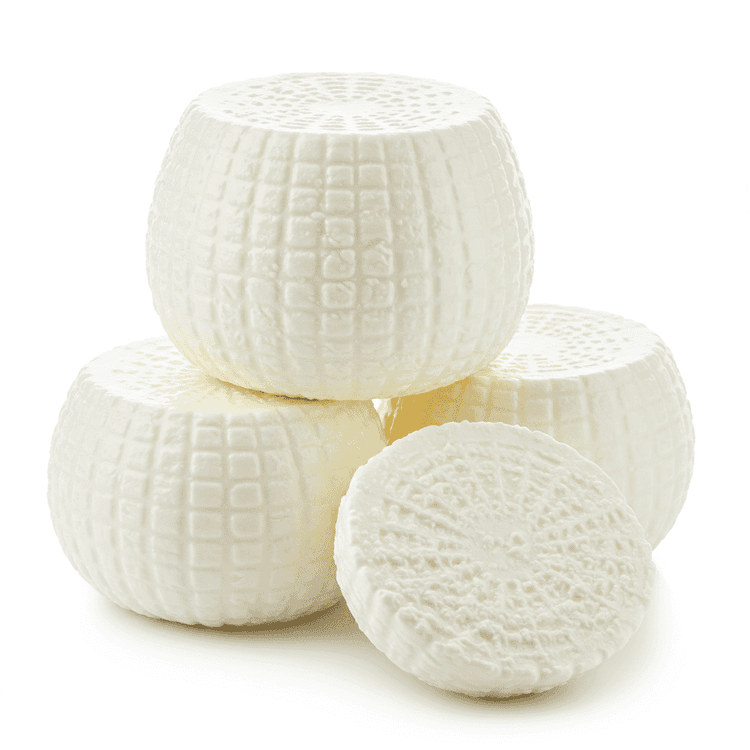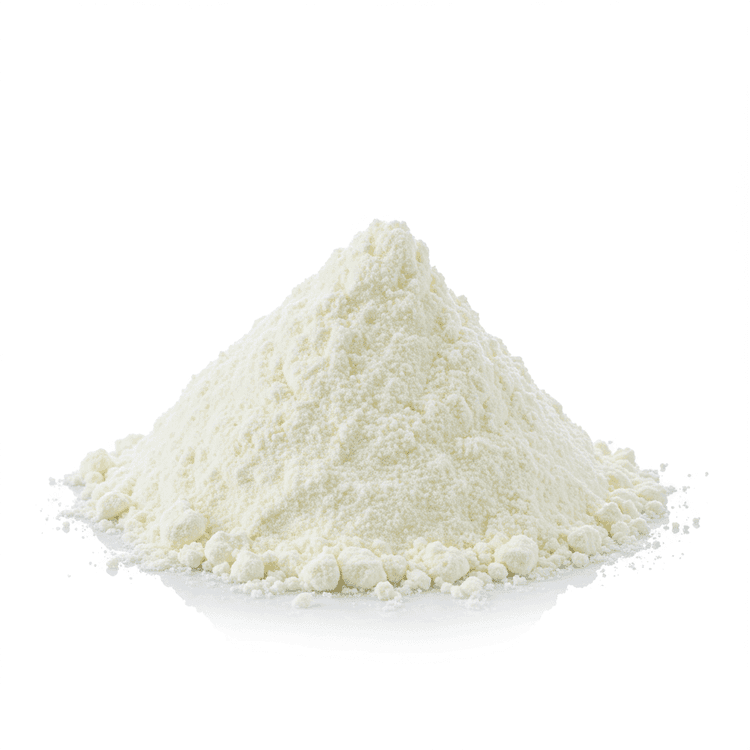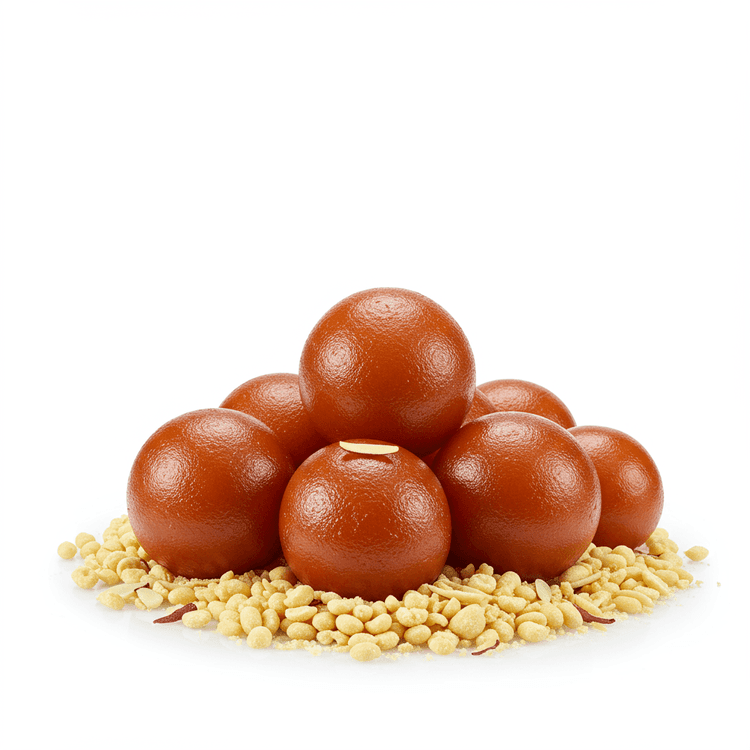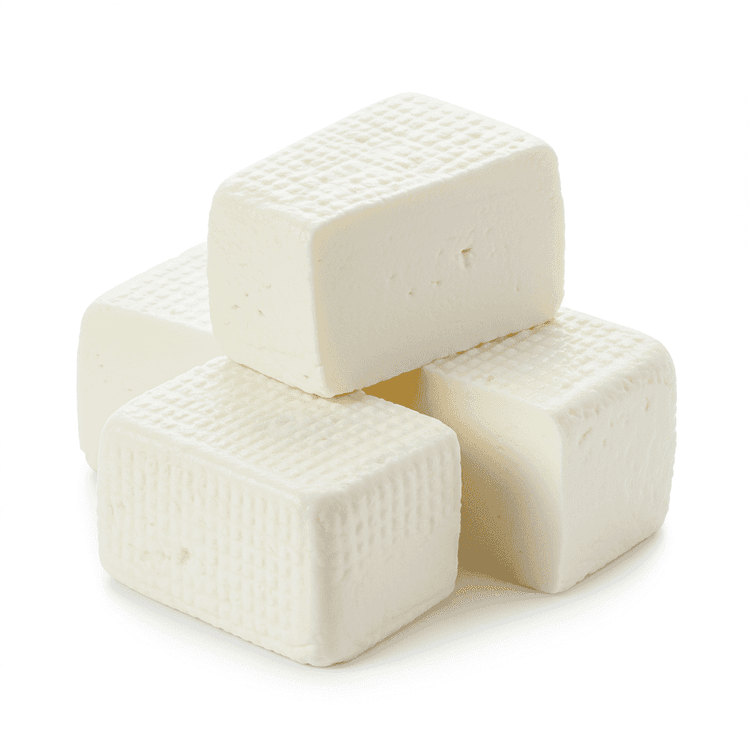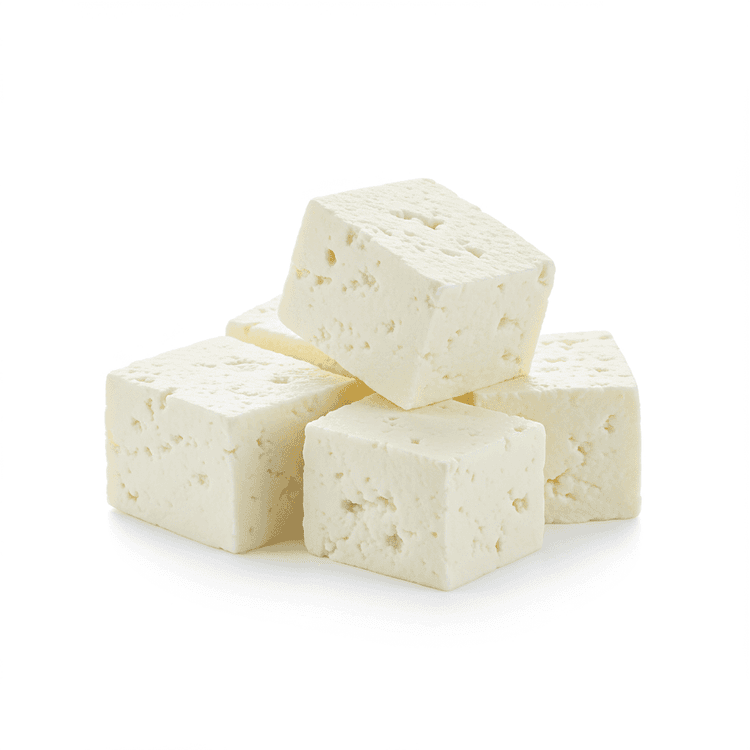
Khoya
Khoya, also known as khoa or mawa, is a traditional South Asian dairy product made by evaporating moisture from milk. This process thickens the milk, resulting in a dense, creamy, and slightly sweet solid. Khoya has a rich, milky flavor and a somewhat granular, fudgy texture that can vary depending on the moisture content. It typically appears in off-white to light yellowish hues. Home cooks and professional chefs alike value khoya as a key ingredient for many Indian sweets and desserts.
Common Uses
- Khoya is frequently used to create delicious Indian sweets such as barfi, peda, and gulab jamun. Its rich, milky flavor enhances the taste and texture of these traditional desserts.
- It also serves as a key ingredient in preparing rich and creamy curries and gravies, particularly in North Indian cuisine. The khoya adds body, flavor, and a luxurious mouthfeel to the dish.
- Many stuffed Indian breads, like khoya paratha, incorporate khoya as a flavorful and rich filling. This adds a sweet and savory element to the bread.
- Khoya is also used in ice creams and other frozen desserts. Its creamy texture and subtle sweetness complement other flavors, making it a popular choice for enhancing frozen treats.
- It may also be crumbled or grated over desserts like kheer or halwa for added richness and visual appeal. This adds both flavor and a textural element to the final dish.
Nutrition (per serving)
Nutrition (per serving)
Calories
398.0kcal (19.9%)
Protein
18.0g (36%)
Carbs
14.0g (5.09%)
Sugars
14.0g (28%)
Healthy Fat
8.5g
Unhealthy Fat
20.5g
% Daily Value based on a 2000 calorie diet
Nutrition (per serving)
Calories
398.0kcal (19.9%)
Protein
18.0g (36%)
Carbs
14.0g (5.09%)
Sugars
14.0g (28%)
Healthy Fat
8.5g
Unhealthy Fat
20.5g
% Daily Value based on a 2000 calorie diet
Health Benefits
- Good source of calcium for strong bones and teeth.
- Provides protein, essential for muscle building and repair.
- Contains vitamin B12, important for nerve function and energy production.
- Offers conjugated linoleic acid (CLA), potentially beneficial for weight management.
- Supplies some fat-soluble vitamins like A and D, depending on the milk source.
- May contribute to satiety due to its fat and protein content.
Chefadora AI is here.
Experience smarter, stress-free cooking.
Storage Tips
Khoya is a perishable dairy product and requires careful storage. For short-term storage (2-3 days), refrigerate khoya in an airtight container to prevent it from drying out and absorbing odors. For longer storage (up to 2-3 months), freeze khoya. Wrap it tightly in plastic wrap, then place it in a freezer bag, removing as much air as possible to prevent freezer burn. Thaw it in the refrigerator before using. Avoid refreezing thawed khoya.
Marnirni-apinthi Building, Lot Fourteen,
North Terrace, Adelaide, South Australia, 5000
Australia
